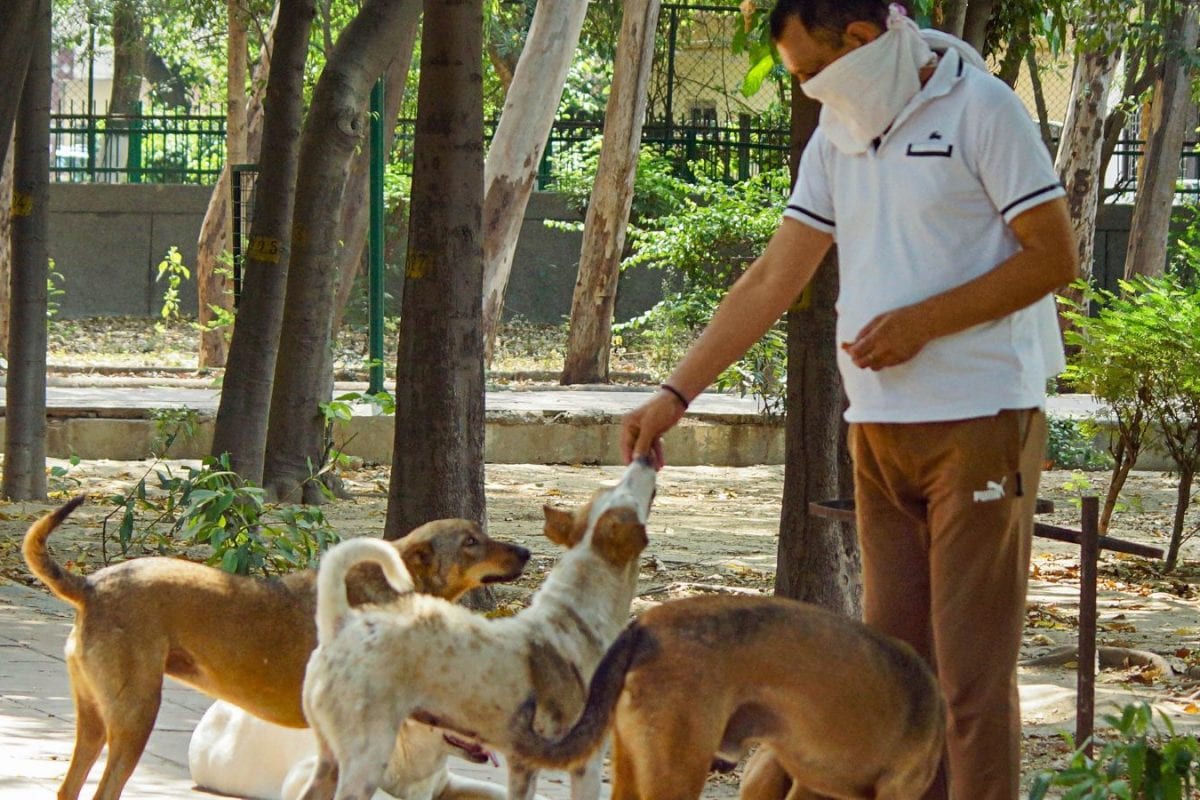

The Supreme Court has issued a stern directive regarding the escalating issue of stray dogs in Delhi and the National Capital Region (NCR), ordering their removal within eight weeks and warning against any obstruction of this process. The court's forceful message underscores the urgency and gravity of the situation, emphasizing public safety and the need to address the rising number of dog bite incidents.
The court has mandated that all stray dogs be rounded up and housed in dedicated shelters established by civic authorities. A key component of the order is that no captured dog shall be released back onto the streets under any circumstances. The authorities are instructed to ensure the dogs are sterilized and immunized in accordance with applicable rules. The Supreme Court has explicitly stated that any attempt to impede the authorities in carrying out this directive will be considered contempt of court, signaling a zero-tolerance approach to interference.
This order comes as the Supreme Court hears a petition concerning the "alarming and disturbing" increase in stray dog attacks, particularly affecting vulnerable populations like children and the elderly. The court has directed authorities in Delhi-NCR to prioritize vulnerable areas when collecting stray dogs. The court also stressed the importance of creating shelters equipped with adequate staff and facilities for sterilization and vaccination programs. To ensure compliance, the court has ordered the installation of CCTV cameras in the shelters, guaranteeing that no dogs are released back onto the streets.
Recognizing the critical need for public awareness and responsiveness, the Supreme Court has instructed authorities to establish a helpline for reporting dog bite incidents. The offending animal must be picked up within four hours of a complaint being lodged. Additionally, the Delhi government is required to publicize the availability and locations of authentic rabies vaccines, addressing concerns about potential shortages.
The Supreme Court has criticized the existing practice under the Animal Birth Control (ABC) Rules, which mandates the release of sterilized dogs back into the same locality. The court has emphasized that society must feel safe and free from the fear of stray dogs roaming around. The court has expressed that their order is in the interest of the general public, prioritizing the safety and well-being of citizens over sentimental considerations. The court has stated that infants and young children should not fall prey to rabies, and people should be able to move freely without fear of being bitten by stray dogs.
Data presented in the Indian Parliament indicates a concerning trend, with over 3.7 million cases of dog bites and 54 suspected human deaths from rabies in 2024. Some estimates suggest the number of dog bites could be nearly twice as high, with Delhi alone accounting for roughly 2,000 cases. India accounts for more than a third of global rabies deaths, a crisis exacerbated by inadequate sterilization programs and legal restrictions on canine culling.
The Supreme Court's recent directives aim to tackle this issue head-on, emphasizing the need for a multi-pronged approach involving the removal of stray dogs, the establishment of shelters, sterilization and vaccination programs, public awareness campaigns, and strict enforcement measures. The court's message is clear: public safety is paramount, and any attempt to obstruct the implementation of these measures will face severe legal consequences.